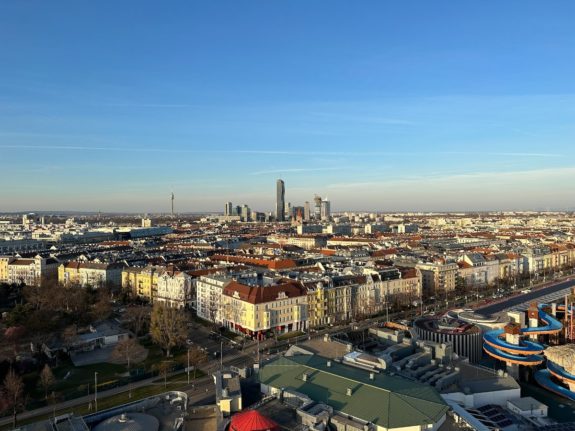The Turkish-language news magazine Haber Journal reports that the 51-year-old woman, who wears a headscarf and was named only as Mrs D., was walking to work in the 10th district when she was attacked from behind in Van-der-Nüll-Gasse, at around 6am.
Police have confirmed that they are investigating the incident, but say it’s unclear what the motive for the attack was.
Mrs D, an Austrian citizen, said she heard the sound of someone running behind her and breathing heavily as she passed the Paltram park. She said that she stopped to turn around and see what was happening but at that point a man hit her several times on the head.
She fell to the ground and he continued to attack her. She attempted to defend herself by scratching his face, but he bit her finger. When she shouted for help he ran off.
The woman called her husband, who alerted the police and Mrs D. was taken to hospital and treated for wounds on her forehead and hand. Her daughter told Haber Journal that she is still in shock. She did not want the magazine to use her full name or a picture of her face
A witness who saw the attack said the man was between 20 and 30 years old and wore a beige jacket. He didn’t say anything during the attack. The woman’s daughter said her mother smelt alcohol on his breath.



 Please whitelist us to continue reading.
Please whitelist us to continue reading.